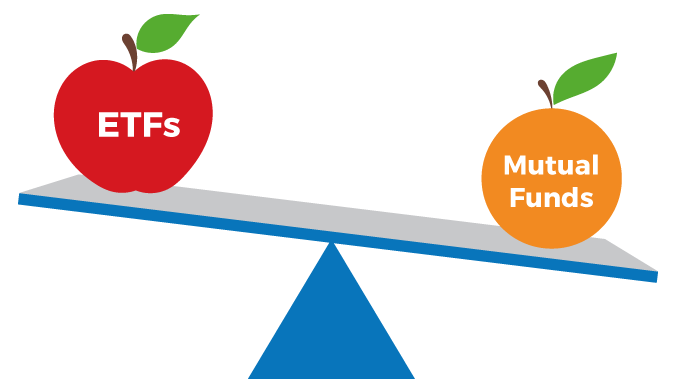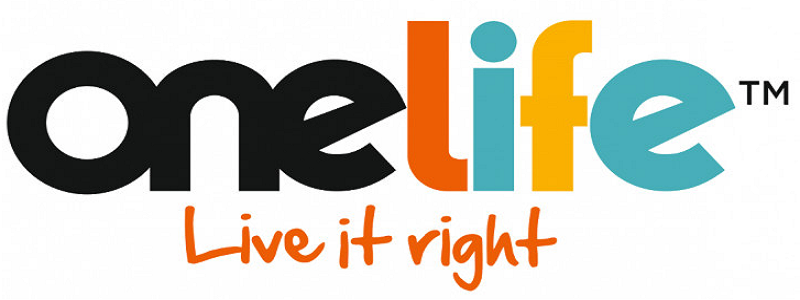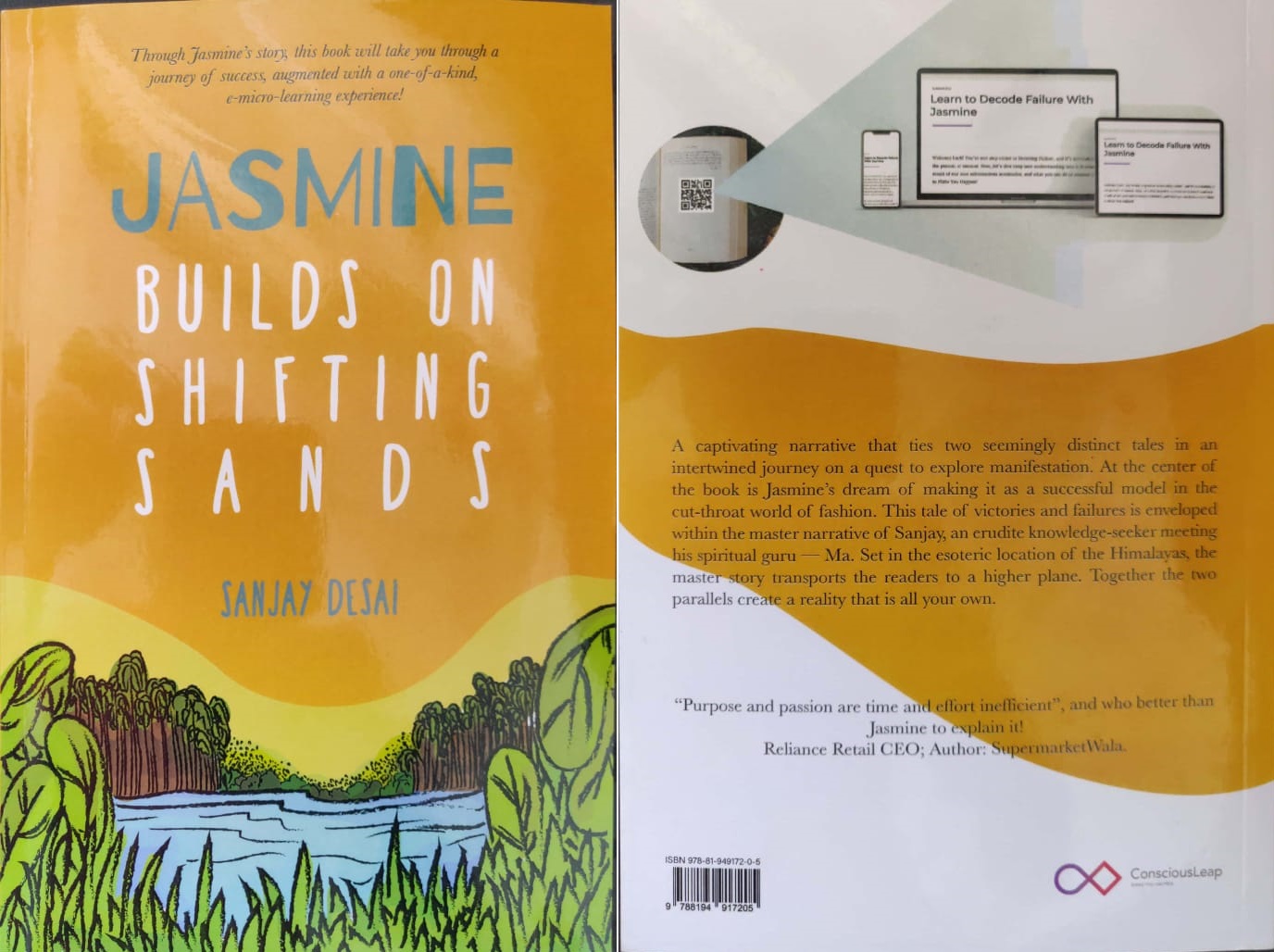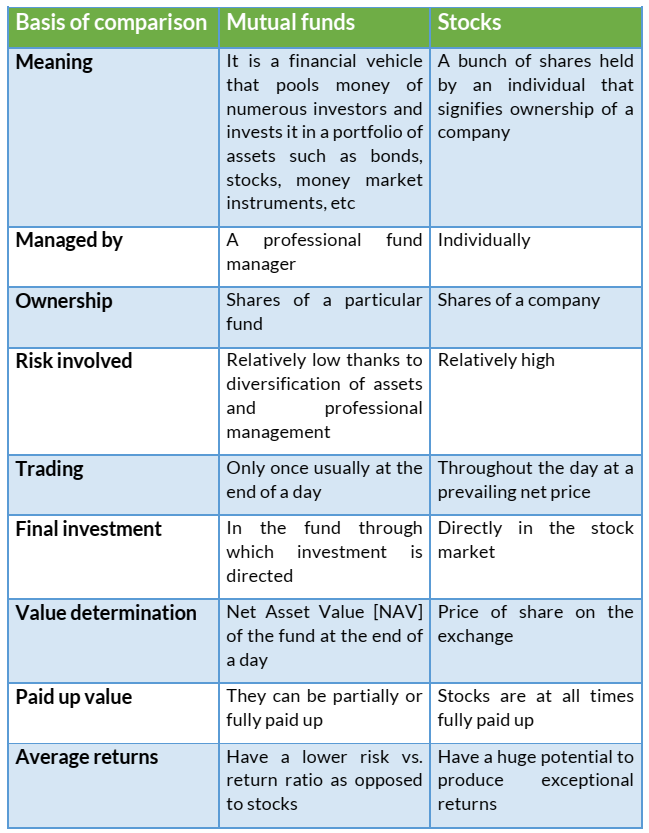Solethreads, a youth-centric open footwear brand, has announced the completion of its 13 Crore Series A round of funding. The round saw participation from leading VCs DSG Consumer Partners and Saama Capital. Solethreads is an innovative, digital-first brand that is known for its super comfortable yet stylish flip-flops.

The founders aim to build the go-to brand for leisure footwear in India. Solethreads is the brainchild of founders Sumant Kakaria and Gaurav Chopra, who bring with them over 13 years of collective experience in the footwear and retail industry. They were joined by co-founders Vikram Iyer and Aprajit Kathuria in early 2020.
Flip flops have forever been associated with indoors, tropical weather and the beaches. However, changes in fashion trends have led to their adoption for everyday use, both indoors and outdoors by fashion-conscious, younger consumers.
As flip-flops increasingly become the footwear of choice across occasions, the Solethreads team believes that the purchase of open footwear is an increasingly high-involvement decision for the consumer. An innovative product with a strong value proposition will beat out the competition.
Founder Sumant Kakaria said
While there are multiple footwear brands that are driving this change in lifestyle on the global stage, the need was largely unrecognized in India. The brand landscape in open footwear had been quite dull.
Existing players are by and large not willing to invest the necessary time and resources to understand consumer motivations and therefore unable to innovate according to market needs. It is a very clear opportunity for new age brands like us to occupy a large share in the open footwear category.
Solethreads takes pride in being the harbinger of innovation & technology in footwear design. Their products are developed through a rigorous process that involves testing multiple concepts with consumers and rapid product prototyping.
Ash Lilani, Managing Partner of Saama Capital, said
The team has a very strong understanding of the product category as well as the digital landscape, which makes them the best guys to drive this segment. Their biggest advantage is their passion for the product, and a huge innovation pipeline which should keep them ahead of the curve.
The open footwear category in India is over 1.5bn dollars growing at a CAGR of 15 percent and it is ripe for disruption.
Hariharan Premkumar, Executive Director at DSG Consumer Partners said
We were impressed with how they managed to achieve significant early traction in a sustainable manner within a year of launch. With the perfect product and positioning, the brand is well positioned to be the insurgent brand within the category that has the potential of changing the footwear landscape in India.
Solethreads has adopted an omni-channel go-to-market strategy. Online, the company sells its products through the Solethreads website and all leading ecommerce platforms including Amazon, Myntra, and Flipkart. They are also in the process of bolstering their offline presence and have recently partnered with premium footwear retailer Metro Shoes.
Solethreads was advised by Mumbai-based firm Moxie Capital. The brand plans to invest the new resources in creating a truly delightful customer experience, fostering a sense of community among its users and strengthening its digital capabilities.











